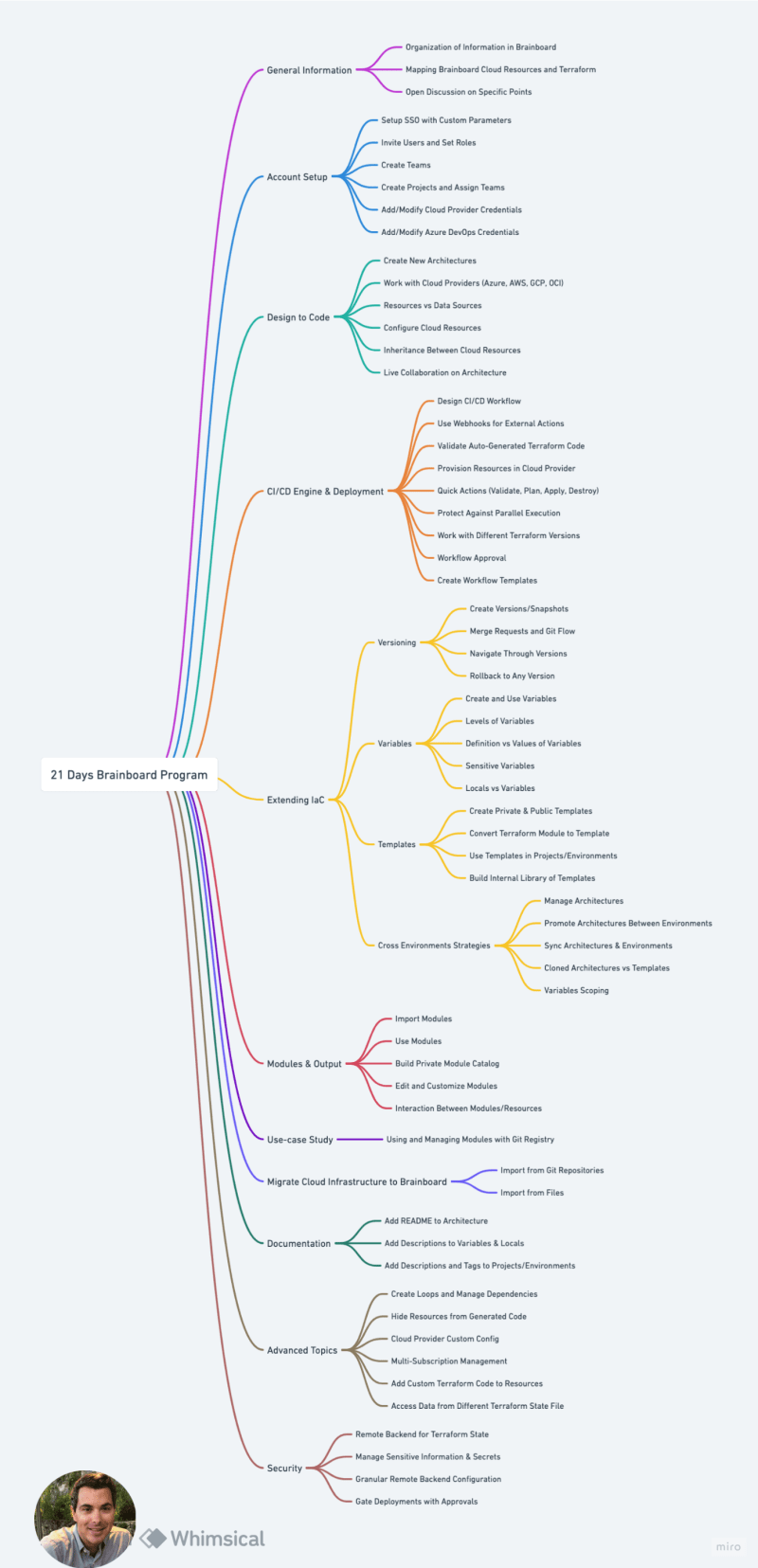When learning about cloud architecture and IaC, there are several universally valuable takeaways:
- Cloud Architecture Fundamentals: Understanding how to structure and manage cloud projects, environments, and architectures is a core skill in cloud computing, applicable across various platforms and tools.
- CI/CD and Infrastructure-as-Code (IaC): Skills in continuous integration and continuous deployment, along with IaC, are critical in modern cloud environments. These concepts are essential for efficient, scalable, and reliable software development and deployment.
- Working with Major Cloud Providers: Knowledge of cloud services provided by major platforms like Azure, AWS, Google Cloud Platform (GCP), and Oracle Cloud Infrastructure (OCI) is valuable. Each provider has unique features and services, but understanding one deeply often provides insights into others.
- Version Control and Code Management: Proficiency in version control systems, particularly Git, is essential in software development and DevOps. Understanding how to manage code changes, handle merge requests, and maintain version history is crucial.
- Security Practices in Cloud Computing: Learning about securing cloud environments, managing sensitive data, and implementing compliance measures is critical. This includes understanding how to configure and use remote backends for state management, encryption, and access control.
- Effective Documentation: The ability to create clear, comprehensive documentation for cloud architectures, code, and processes is invaluable. Good documentation ensures that projects are maintainable, scalable, and understandable by others.
- Problem-Solving and Analytical Skills: Developing strong problem-solving and analytical skills is beneficial in any technical role. These skills help in troubleshooting, optimizing performance, and designing efficient systems.
- Adaptability and Learning New Tools: The cloud computing field is dynamic, with new tools and technologies emerging regularly. Learning one tool or technology often makes it easier to adapt to others, as many share underlying principles.
- Module Management and Customization: Understanding how to effectively use, customize, and manage modules (reusable code blocks) is important for efficient cloud architecture development.
- Advanced Cloud Management Techniques: Skills like creating loops in configurations, managing dependencies, and handling multi-subscription environments are advanced techniques that enhance your ability to design and manage complex cloud architectures.








Top comments (0)